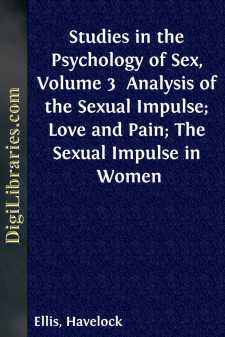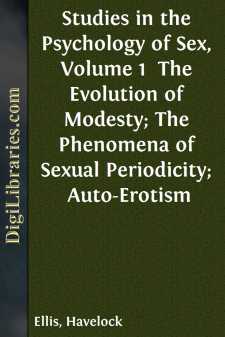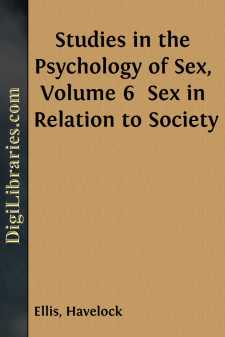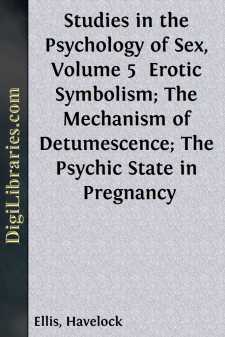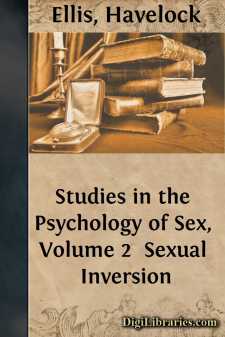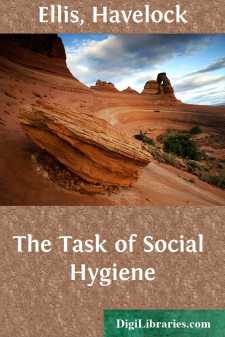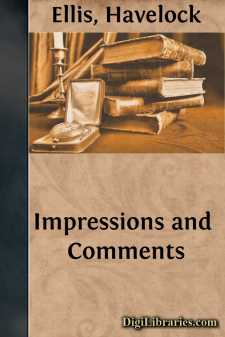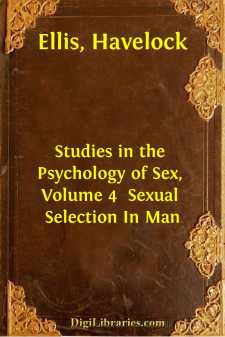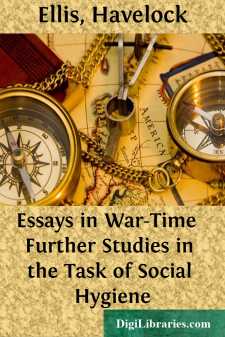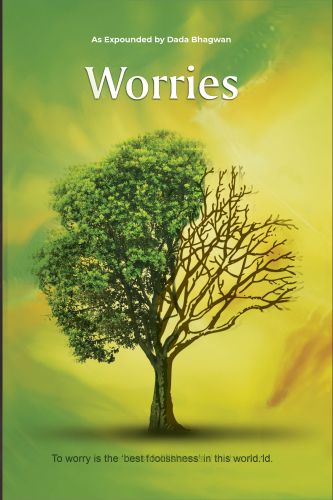Categories
- Antiques & Collectibles 13
- Architecture 36
- Art 48
- Bibles 22
- Biography & Autobiography 813
- Body, Mind & Spirit 142
- Business & Economics 28
- Children's Books 15
- Children's Fiction 12
- Computers 4
- Cooking 94
- Crafts & Hobbies 4
- Drama 346
- Education 46
- Family & Relationships 57
- Fiction 11828
- Games 19
- Gardening 17
- Health & Fitness 34
- History 1377
- House & Home 1
- Humor 147
- Juvenile Fiction 1873
- Juvenile Nonfiction 202
- Language Arts & Disciplines 88
- Law 16
- Literary Collections 686
- Literary Criticism 179
- Mathematics 13
- Medical 41
- Music 40
- Nature 179
- Non-Classifiable 1768
- Performing Arts 7
- Periodicals 1453
- Philosophy 64
- Photography 2
- Poetry 896
- Political Science 203
- Psychology 42
- Reference 154
- Religion 513
- Science 126
- Self-Help 84
- Social Science 81
- Sports & Recreation 34
- Study Aids 3
- Technology & Engineering 59
- Transportation 23
- Travel 463
- True Crime 29
Studies in the Psychology of Sex, Volume 3 Analysis of the Sexual Impulse; Love and Pain; The Sexual Impulse in Women
by: Havelock Ellis
Categories:
Description:
Excerpt
ANALYSIS OF THE SEXUAL IMPULSE.
Definition of Instinct—The Sexual Impulse a Factor of the Sexual Instinct—Theory of the Sexual Impulse as an Impulse of Evacuation—The Evidence in Support of this Theory Inadequate—The Sexual Impulse to Some Extent Independent of the Sexual Glands—The Sexual Impulse in Castrated Animals and Men—The Sexual Impulse in Castrated Women, after the Menopause, and in the Congenital Absence of the Sexual Glands—The Internal Secretions—Analogy between the Sexual Relationship and that of the Suckling Mother and her Child—The Theory of the Sexual Impulse as a Reproductive Impulse—This Theory Untenable—Moll's Definition—The Impulse of Detumescence—The Impulse of Contrectation—Modification of this Theory Proposed—Its Relation to Darwin's Sexual Selection—The Essential Element in Darwin's Conception—Summary of the History of the Doctrine of Sexual Selection—Its Psychological Aspect—Sexual Selection a Part of Natural Selection—The Fundamental Importance of Tumescence—Illustrated by the Phenomena of Courtship in Animals and in Man—The Object of Courtship is to Produce Sexual Tumescence—The Primitive Significance of Dancing in Animals and Man—Dancing is a Potent Agent for Producing Tumescence—The Element of Truth in the Comparison of the Sexual Impulse with an Evacuation, Especially of the Bladder—Both Essentially Involve Nervous Explosions—Their Intimate and Sometimes Vicarious Relationships—Analogy between Coitus and Epilepsy—Analogy of the Sexual Impulse to Hunger—Final Object of the Impulses of Tumescence and Detumescence.
The term "sexual instinct" may be said to cover the whole of the neuropsychic phenomena of reproduction which man shares with the lower animals. It is true that much discussion has taken place concerning the proper use of the term "instinct," and some definitions of instinctive action would appear to exclude the essential mechanism of the process whereby sexual reproduction is assured. Such definitions scarcely seem legitimate, and are certainly unfortunate. Herbert Spencer's definition of instinct as "compound reflex action" is sufficiently clear and definite for ordinary use.
A fairly satisfactory definition of instinct is that supplied by Dr. and Mrs. Peckham in the course of their study On the Instincts and Habits of Solitary Wasps. "Under the term 'instinct,'" they say, "we place all complex acts which are performed previous to experience and in a similar manner by all members of the same sex and race, leaving out as non-essential, at this time, the question of whether they are or are not accompanied by consciousness." This definition is quoted with approval by Lloyd Morgan, who modifies and further elaborates it (Animal Behavior, 1900, p. 21). "The distinction between instinctive and reflex behavior," he remarks, "turns in large degree on their relative complexity," and instinctive behavior, he concludes, may be said to comprise "those complex groups of co-ordinated acts which are, on their first occurrence, independent of experience; which tend to the well-being of the individual and the preservation of the race; which are due to the co-operation of external and internal stimuli; which are similarly performed by all the members of the same more or less restricted group of animals; but which are subject to variation, and to subsequent modification under the guidance of experience." Such a definition clearly justifies us in speaking of a "sexual instinct." It may be added that the various questions involved in the definition of the sexual instinct have been fully discussed by Moll in the early sections of his Untersuchungen über die Libido Sexualis....


